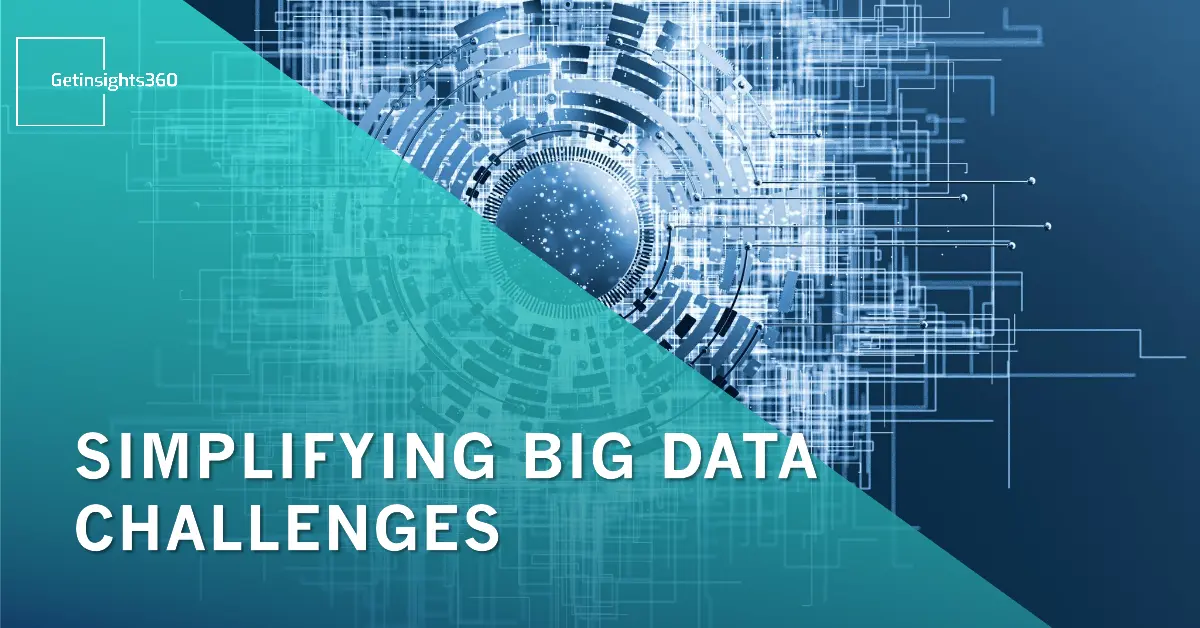In today’s digital era, businesses are generating vast amounts of data at an unprecedented rate. This avalanche of data presents both opportunities and challenges. While big data holds the promise of valuable insights, its management, analysis, and security pose significant hurdles for organizations. Enter blockchain technology – the innovative solution poised to revolutionize the way we handle big data. Let’s delve into how blockchain addresses the myriad challenges associated with big data.
How Blockchain’s Distributed Ledger Technology Scales Big Data Storage
Imagine a scenario where multiple parties need to access and update a shared database simultaneously. Traditionally, this would require a centralized database, leading to issues like data silos, bottlenecks, and single points of failure. However, blockchain technology offers a decentralized approach through its distributed ledger system.
Blockchain’s distributed ledger is a network of interconnected nodes, each maintaining a copy of the database. When a new data entry is added, it is cryptographically linked to the previous entry, creating a chain of blocks. This distributed architecture ensures that data is replicated across multiple nodes, enhancing fault tolerance and scalability.
By leveraging blockchain’s distributed ledger, organizations can seamlessly scale their big data storage infrastructure without worrying about the limitations of centralized systems. The decentralized nature of blockchain not only enhances data accessibility but also mitigates the risk of data loss or tampering, thereby laying the foundation for a more robust big data ecosystem.
How Blockchain Creates an Immutable Audit Trail for Big Data
One of the primary challenges in big data management is ensuring data integrity and traceability. As data traverses through various systems and undergoes multiple transformations, maintaining an immutable audit trail becomes paramount. This is where blockchain shines with its inherent transparency and immutability features.
Every transaction recorded on the blockchain is time-stamped, cryptographically sealed, and linked to the preceding transaction, forming an unalterable chain of records. Once a transaction is added to the blockchain, it becomes practically impossible to modify or delete, thus creating a tamper-proof audit trail.
For organizations grappling with compliance requirements or audit processes, blockchain offers a revolutionary solution. By storing critical data and transaction records on the blockchain, organizations can demonstrate a verifiable and transparent trail of activities, ensuring accountability and trustworthiness in their big data operations.
How Blockchain Enables Secure and Distributed Big Data Analytics
Traditional big data analytics often involve centralized data warehouses or cloud platforms where sensitive data is aggregated for analysis. However, this centralized approach raises concerns about data privacy, security breaches, and unauthorized access. Blockchain presents an alternative paradigm by enabling secure and distributed big data analytics.
In a blockchain-powered analytics ecosystem, data remains decentralized and encrypted, accessible only to authorized parties with the requisite cryptographic keys. Smart contracts, self-executing contracts with predefined conditions, further enhance security by automating data access and analysis based on predefined rules.
Moreover, blockchain facilitates collaborative data analysis by allowing multiple parties to securely share insights and algorithms without exposing raw data. This collaborative approach not only enhances data privacy but also fosters innovation and knowledge sharing within the ecosystem.
By harnessing the power of blockchain, organizations can unlock new possibilities in big data analytics while safeguarding sensitive information and preserving data privacy.
How Blockchain Streamlines Data Management for Regulatory Compliance in Big Data
Navigating the regulatory landscape is a significant challenge for organizations dealing with big data. With stringent regulations such as GDPR, HIPAA, and CCPA governing data privacy and security, non-compliance can lead to severe penalties and reputational damage. Blockchain offers a comprehensive solution by streamlining data management processes and ensuring regulatory compliance.
The transparent and immutable nature of blockchain makes it inherently compliant with regulatory requirements. By storing data and transaction records on the blockchain, organizations can demonstrate adherence to regulatory standards through transparent audit trails and tamper-proof data integrity.
Smart contracts play a pivotal role in automating compliance-related processes, such as data consent management and privacy controls. These self-executing contracts enforce predefined rules and conditions, ensuring that data usage complies with regulatory guidelines without the need for manual intervention.
Furthermore, blockchain’s decentralized architecture reduces reliance on intermediaries, minimizing the risk of data breaches and unauthorized access. By empowering individuals to have greater control over their data and privacy, blockchain fosters trust and transparency in the regulatory landscape of big data management.
How Blockchain Optimizes Infrastructure and Reduces Costs in Big Data Management
Traditional big data infrastructure often entails significant capital expenditure on centralized servers, storage systems, and data processing units. Moreover, the maintenance and management of these infrastructures incur ongoing operational costs, adding to the financial burden of organizations. Blockchain offers a disruptive solution by optimizing infrastructure and reducing costs in big data management.
By decentralizing data storage and processing, blockchain eliminates the need for costly intermediaries and third-party providers. Instead of relying on centralized servers, data is distributed across a network of nodes, leveraging existing computing resources more efficiently.
Additionally, blockchain’s consensus mechanisms, such as proof of work or proof of stake, ensure data integrity and security without the need for expensive validation processes. This not only reduces operational costs but also enhances the scalability and performance of big data systems.
Moreover, blockchain’s peer-to-peer architecture enables direct transactions and data sharing between parties, bypassing traditional intermediaries and associated fees. This disintermediation not only lowers transaction costs but also accelerates data exchange and collaboration within the ecosystem.
In conclusion, blockchain technology holds immense potential in addressing the multifaceted challenges of big data management. From scaling storage infrastructure to ensuring data integrity, security, and regulatory compliance, blockchain offers a holistic solution for organizations seeking to harness the power of big data while mitigating risks and reducing costs. By embracing blockchain-driven innovation, businesses can unlock new opportunities for growth, efficiency, and competitiveness in the digital age.
